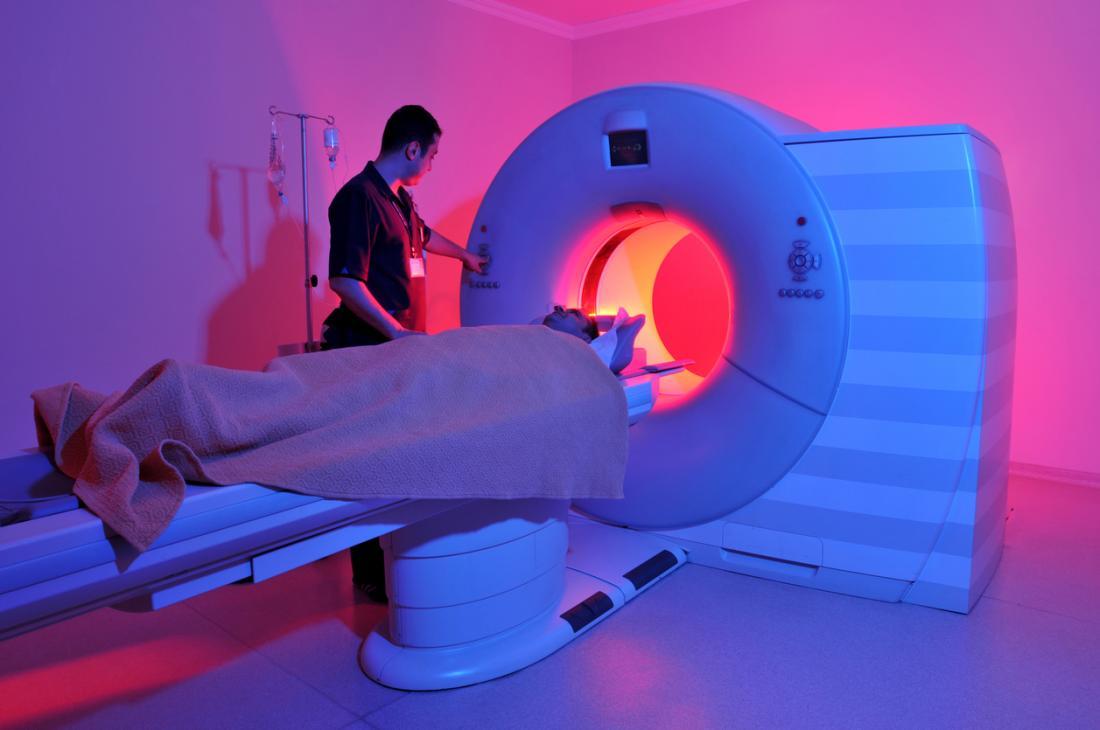A Better, Non-invasive Routine Prostate Cancer Screening Test may be a quick MRI Scan for healthy men – similar to mammography for breast cancer screening in women!
A quick scan — with 15-minute, contrast-free MRI — detected more clinically significant prostate tumors than the usual screening with a blood test for prostate specific antigen (PSA) in a study of 408 British men.
The quick MRI scan detected 14 Gleason 3+4 or higher cancers while PSA screening detected 7 such tumors.
The trialists note that the study was not powered to evaluate differences in detection rates of clinically significant cancers, and so a larger or randomized trial is needed “to definitively prove these differences.”
Even so, the findings raise the possibility of using imaging for routine prostate cancer screening, they comment.
The goal is to find something better than routine PSA testing, which is notorious for sometimes missing dangerous tumors (underdiganosis) while picking up ones that would never cause men problems if left alone (overdiagnosis).
“This study suggests that when screening the general population for prostate cancer, MRI…may provide a better balance between the potential benefits and harms of screening” than PSA, say the researchers led by David Eldred-Evans, MBBS, of the Department of Surgery and Cancer at Imperial College London, United Kingdom.
Results from this trial, dubbed the IP1- PROSTAGRAM study, were published online February 11 in JAMA Oncology.
The study is the first to compare MRI, as well as transrectal ultrasound, and PSA screening directly. The results showed that ultrasound was similar to PSA in detecting clinically significant tumors, but quick MRI appeared better.
The findings “clearly point to prostate MRI as a promising screening test,” comment radiologists Susanna Lee, MD, PhD, and Aileen O’Shea, MBBCh, both of Massachusetts General Hospital, Boston, in an accompanying editorial.
“Future trials should be designed to include MRI in the prostate cancer screening strategy with image acquisition and interpretation protocols that are widely accessible, well tolerated, and readily generalizable,” they add.
“In the long run, if successful, prostate MRI will be able to join mammography and low-dose computed tomography of the thorax as an imaging screening test that saves lives and improves the general health of the population,” they comment.
Study Details:
The study sought participants (men aged 50-69 years) from flyers, radio ads, and other community outreach recruitment efforts.
The response rate to the recruitment efforts was about 20%. To overcome historical underrepresentation in prostate cancer studies, the team targeted racial/ethnic minorities; the final cohort was 38% White, 32.4% Black, 23% Asian, and 6.6% other or mixed-race.
Call CyberKnife Miami for more information and for details on Non-invasive prostate cancer treatment. CyberKnife Technology is designed to get cancer treatment done in the most effective, safest, easiest way possible with the least disruption to your life. Here’s our number 305-279-2900.
And go to our prostate cancer website now for more information and/or to schedule an appointment with our prostate cancer experts www.prostatecancertreatmentmiami.com

